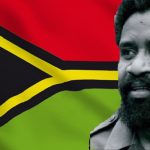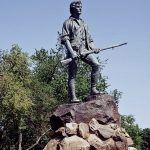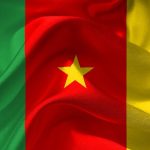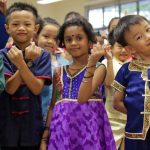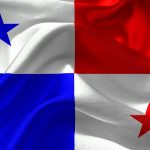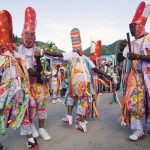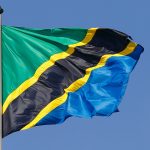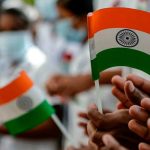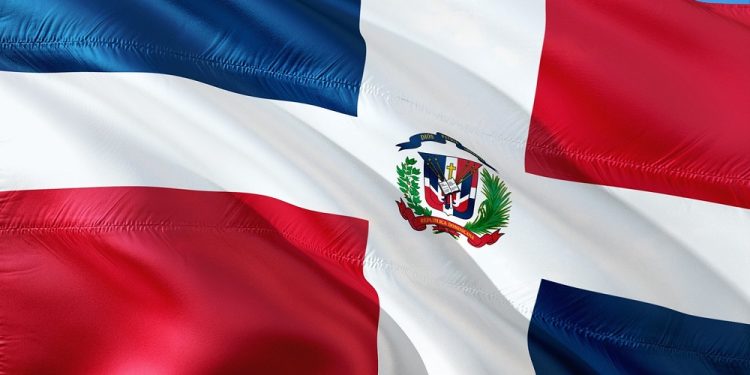
Independence Day in Dominican Republic
Observed annually in the Dominican Republic on February 27, Independence Day commemorates the country’s independence from Haiti in 1844. This holiday is on the calendar during Patriotism Month, and celebrations usually begin on January 26 with the birthday of founding father and hero Juan Pablo Duarte, continuing until Independence Day.
Throughout this month, Dominicans celebrate their heritage, rich history, and culture. The President of the Dominican Republic gives a speech on this day, and many Dominicans pay tribute to their founding fathers at Puerta del Conde in Santo Domingo.
The History of Independence Day in the Dominican Republic
The Dominican Republic became a European settlement after Christopher Columbus visited Hispaniola on December 5, 1492. The Spanish ruled Spanish Haiti for over three centuries until the Dominican Republic gained its independence in 1821. However, this independence was short-lived, as it was soon invaded by Haiti.
Juan Pablo Duarte, Francisco del Rosario Sánchez, and Matías Ramón Mella created La Trinitaria—a society to revolt against the Haitian regime. On February 27, 1844, the Dominican Republic declared its independence from Haiti. This day has been celebrated as a public holiday ever since.
Facts About the Dominican Republic
Below are some fast facts about the Dominican Republic that we think our readers will find interesting. Let’s check them out before moving on.
- The most popular sport in the Dominican Republic is baseball.
- It is the site of the oldest colonial settlement in the New World.
- The first Catholic church in the Americas was built in the Dominican Republic.
- The Dominican Republic has a Bible on its flag.
Observing Independence Day in the Dominican Republic
In just about every town in the Dominican Republic, people observe a carnival-style celebration on this day. There are also parades, political speeches, and other events. Since it’s a public holiday, schools, businesses, and government buildings are closed for the day.
